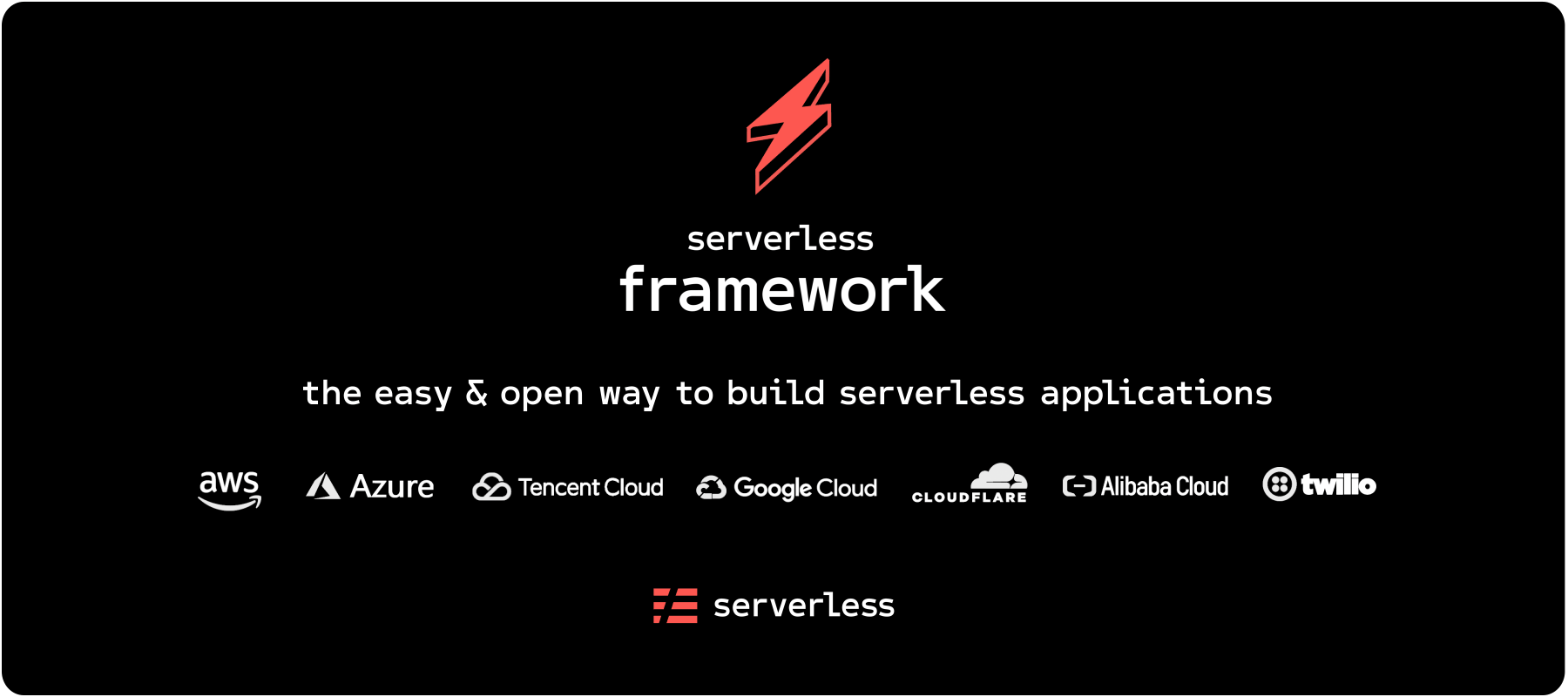https://github.com/robin-thomas/serverless-aws-secrets
🛵 Serverless plugin that reads environment variables and replaces secrets using AWS Secrets Manager 🛵
https://github.com/robin-thomas/serverless-aws-secrets
aws aws-lambda aws-secrets-manager environment-variables javascript jest secrets-manager security serverless serverless-plugin typescript
Last synced: 9 months ago
JSON representation
🛵 Serverless plugin that reads environment variables and replaces secrets using AWS Secrets Manager 🛵
- Host: GitHub
- URL: https://github.com/robin-thomas/serverless-aws-secrets
- Owner: robin-thomas
- License: mit
- Created: 2023-09-08T05:49:32.000Z (over 2 years ago)
- Default Branch: main
- Last Pushed: 2024-06-25T09:44:54.000Z (over 1 year ago)
- Last Synced: 2025-02-20T01:38:53.996Z (10 months ago)
- Topics: aws, aws-lambda, aws-secrets-manager, environment-variables, javascript, jest, secrets-manager, security, serverless, serverless-plugin, typescript
- Language: TypeScript
- Homepage: https://www.npmjs.com/package/serverless-aws-secrets
- Size: 453 KB
- Stars: 83
- Watchers: 2
- Forks: 7
- Open Issues: 17
-
Metadata Files:
- Readme: README.md
- License: LICENSE
- Codeowners: .github/CODEOWNERS
Awesome Lists containing this project
README
Serverless AWS Secrets 
A Serverless Plugin for the Serverless Framework, which can replace environment variables with secrets from AWS Secrets Manager.

## Introduction
If you are using a serverless plugin like [Serverless Dotenv Plugin](https://github.com/neverendingqs/serverless-dotenv-plugin), then you shall be having `.env.*` files that looks like:
```
MYSQL_USERNAME=username
MYSQL_PASSWORD=password
```
Rather than storing these secrets in your `.env.*` file, you can instead store them in [AWS Secrets Manager](https://aws.amazon.com/secrets-manager/). This plugin will then replace the environment variables (that are already loaded into Serverless framework) with the secrets from AWS Secrets Manager.
You need to change your above `.env.*` files to:
```
MYSQL_USERNAME=secret:MYSQL_USERNAME
MYSQL_PASSWORD=secret:MYSQL_PASSWORD
```
The plugin will then search within AWS Secrets Manager (refer to `secretId` configuration) for a secret with the name `MYSQL_USERNAME` and `MYSQL_PASSWORD` and replace the environment variables with the secret value.
Secrets are recognized as environment variables whose name started with a pre-defined prefix. (refer to `secretPrefix` configuration below).
## Getting Started
These instructions will help you integrate this plugin into your serverless service.
### Prerequisites
You need to have the below softwares running on your system:
* [Node.js v18](https://nodejs.org/en) - You can use [NVM](https://github.com/nvm-sh/nvm) to setup Node.js in your system
* [Git](https://git-scm.com/) - You can download from [here](https://git-scm.com/downloads)
* [Serverless](https://www.serverless.com/) - Refer [here](https://github.com/serverless/serverless/blob/main/docs/getting-started.md) on how to get started
### Installing the plugin
Run below command to install the plugin:
```
$ npm install --save-dev serverless-aws-secrets
```
Add the plugin to `serverless.yml`:
```
plugins:
- serverless-aws-secrets
```
This will run the plugin during the below serverless hooks:
* `before:package:initialize`
* `offline:start:init`
### Configuring the plugin
The plugin can be configured by:
```
custom:
serverless-aws-secrets:
secretId: ...
secretPrefix: ...
```
* `secretId`: Location of the secret in AWS Secrets Manager. Default: `${provider.stage}/${app}-${service}`
* `secretPrefix`: Prefix of the secret name in AWS Secrets Manager. Default: `secret:`
## CLI commands
This plugin also exposes a CLI command that can be used along with serverless.
### Display the secret values
```
$ sls aws-secrets --verbose
```
This will display the output:
```
[serverless-aws-secrets]: Running the command: sls aws-secrets
[serverless-aws-secrets]: Loading secret: {secretId} in {provider.region}
✔ [serverless-aws-secrets]: Secret: {secretKey}, Value: {secretValue}
```
## Local Development
These instructions will help you to run the project in your local.
### Setup
Run the below commands to setup the project:
```
$ git clone git@github.com:robin-thomas/serverless-aws-secrets.git
$ cd serverless-aws-secrets
$ nvm use 18
$ npm install
```
### Running the tests
You can run the unit tests written in [Jest](https://github.com/jestjs/jest) by running:
```
$ npm run test
```
## Versioning
We use [SemVer](http://semver.org/) for versioning. For the versions available, see the [tags on this repository](https://github.com/robin-thomas/serverless-aws-secrets/tags).
## License
This project is licensed under the MIT License - see the [LICENSE](LICENSE) file for details.



